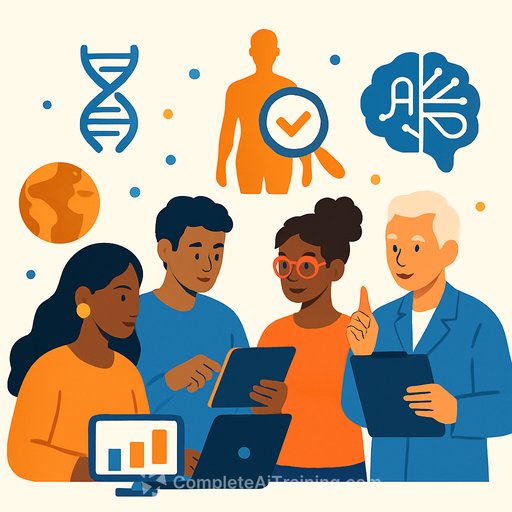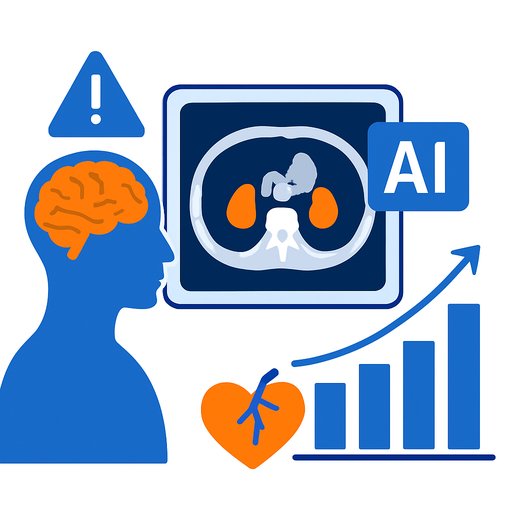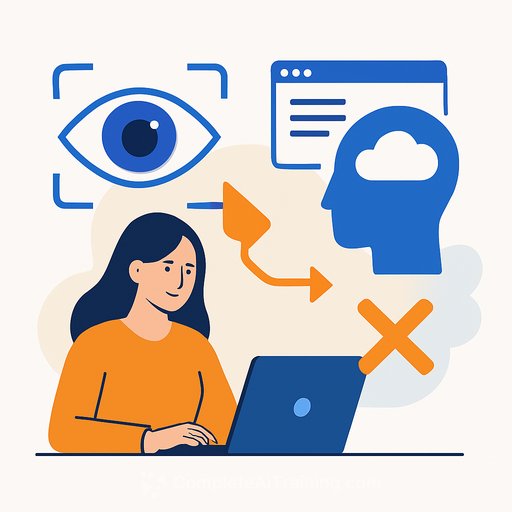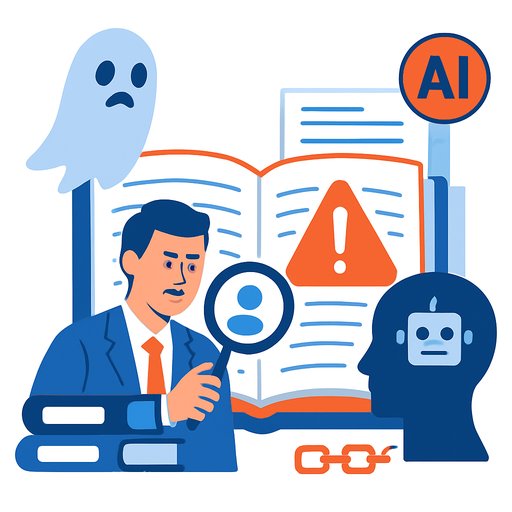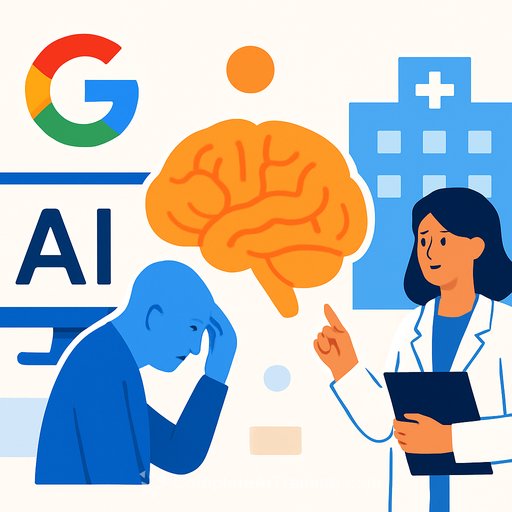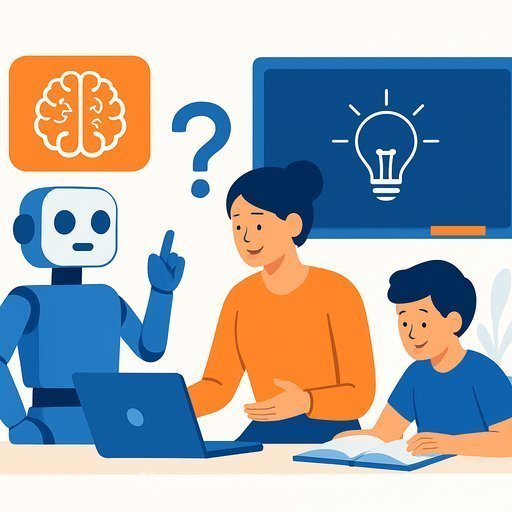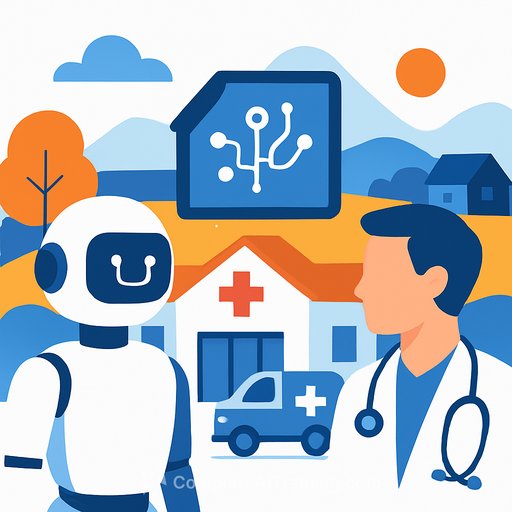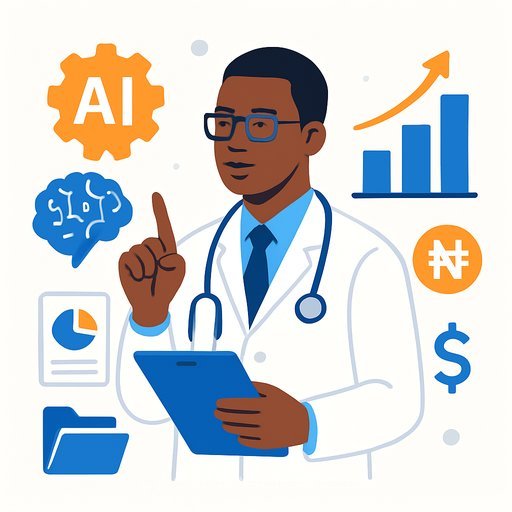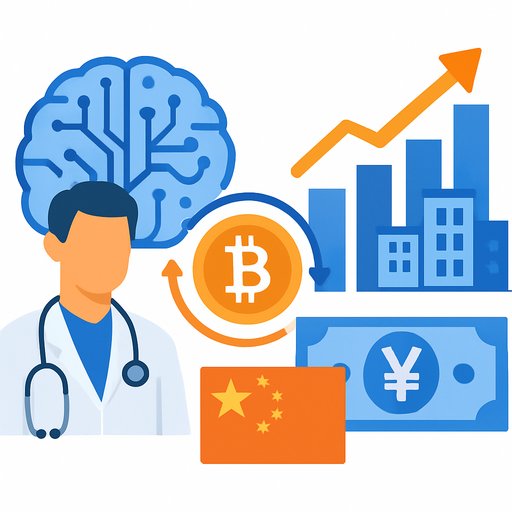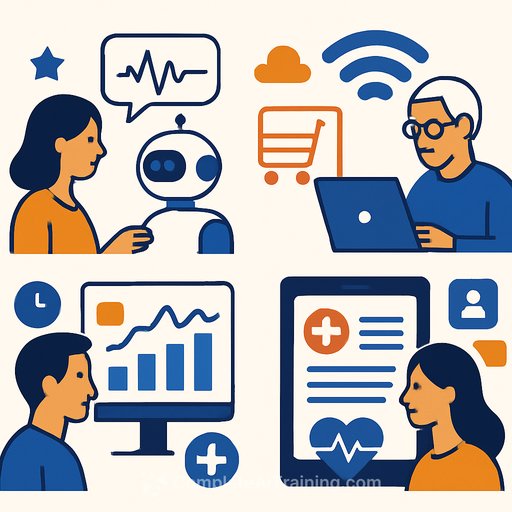Achieving Inclusive Healthcare by Integrating Education, Research, AI, and Personalized Curricula
Abstract
Background
Precision medicine offers promising health benefits but faces barriers like complex data management, the need for interdisciplinary collaboration, and education of diverse stakeholders. Bridging these gaps requires teamwork among computational experts, engineers, designers, and healthcare professionals to create accessible systems and shared language. The rise of large language models (LLMs) such as GPT and Claude highlights the importance of making complex biomedical data understandable for non-experts.
Methods
The Stanford Data Ocean (SDO) precision medicine training program was evaluated by assessing learners’ self-rated competencies before and after the program, AI Tutor accuracy, and learner satisfaction. Additional analyses included completion rates of assessments and the impact on learners’ academic and career progress. The AI Data Visualization tool’s capabilities were also demonstrated.
Results
SDO effectively improves learning outcomes for learners from diverse educational and socioeconomic backgrounds, supported by the AI Tutor. Its AI Data Visualization tool enables interpretation of complex multi-omics and wearable data, facilitating replication of research findings.
Conclusions
By offering a scalable, cloud-based platform with AI Tutors and visualization tools, SDO addresses challenges in precision medicine education and research. It increases accessibility for economically disadvantaged and historically marginalized communities, promotes interdisciplinary biomedical research, and bridges the gap between education and practical application.
Plain Language Summary
Precision medicine uses individual health data to enhance disease prevention, diagnosis, and treatment. We developed an AI-powered learning platform accessible to clinicians and researchers globally. Students from 93 countries found it helpful, especially those in low- and middle-income regions.
Introduction
Precision medicine tailors healthcare by analyzing diverse health data to reflect biological, lifestyle, and environmental differences. Extracting meaningful insights requires bioinformatics skills, secure and scalable data systems, and efficient processing of large, varied datasets. These resources are often expensive, limiting progress to well-funded institutions in high-income countries and widening health disparities.
Training precision medicine professionals in diverse communities fosters collaboration and improves local healthcare outcomes, especially where resources are scarce. Skilled local professionals can develop effective, community-specific interventions, generating valuable data and impactful research. The ultimate goal is to enhance community health.
Large-scale collaborations like ENCODE, the Human Microbiome Project, and H3Africa demonstrate the power of diverse data and knowledge exchange. Training underrepresented communities in precision medicine helps address local data gaps and ethical concerns, improving health equity.
For example, H3Africa uncovered millions of new genetic variants relevant to vital biological functions by studying African populations, which were underrepresented in global genomic studies. Research involving American Indian and Alaska Native communities respects tribal sovereignty and data governance, helping overcome mistrust from past research abuses.
There is growing demand for bioinformatics and engineering expertise in precision medicine initiatives. LLMs have potential to deliver personalized education at scale and empower patients to understand their health data. Personalized learning improves engagement, satisfaction, and outcomes.
To enable broad participation in precision medicine research and improve community health, Stanford Data Ocean (SDO) was created as a cloud-based, LLM-powered platform. Since June 2023, it has offered thousands of scholarships worldwide for free certification in bioinformatics and AI/ML, targeting learners with incomes under $70,000 USD. Partnerships with community healthcare centers and organizations ensure inclusion of underrepresented groups.
SDO’s curriculum and AI tools support learners from various backgrounds, developing skills in computing and bioinformatics. Nearly 23% of certified students report that the program helped them secure STEM jobs.
Methods
Scalable, Secure, and Sustainable Platform
SDO uses containerization and virtual machines to provide stable, flexible learning environments. Containers enable quick setup and disposal, while virtual machines support ongoing, complex computations. This combination ensures uninterrupted access to content. The platform’s microservice architecture enhances scalability and security, with front-end clusters managing user access and back-end clusters protecting sensitive data. Real-time monitoring maintains performance and compliance with HIPAA privacy standards.
Security is strengthened by deploying SDO within secure cloud services like Amazon Bedrock, Azure OpenAI Service, and GCP Vertex AI, with AWS Bedrock as the primary environment. Data privacy agreements prevent training of third-party AI models on SDO content. Sharing data summaries instead of raw datasets reduces sensitive information exposure. Test-time defenses analyze prompts and AI outputs to maintain safety and data integrity.
Standardized modules like notebooks and datasets promote accessibility and integration for learners and researchers of all backgrounds. Adhering to FAIR data principles, SDO ensures data is findable, accessible, interoperable, and reusable, supporting sustainable bioinformatics education and environmental responsibility.
AI Tutor
The AI Tutor on SDO democratizes access to personalized tutoring, specializing in bioinformatics questions. It uses embeddings to find relevant content within SDO and prompt engineering to generate accurate responses, available around the clock.
LLM-Based Data Visualization
Automatic data visualization powered by LLMs is emerging as a useful tool, but many systems are limited to simple data types like spreadsheets. SDO’s AI Data Visualization tool overcomes these limits by supporting multi-modal data analysis, including genomics, geospatial data, and images, with automatic error handling and support for Python and R.
Learners upload datasets and receive summaries describing contents. They can select existing visualization templates or generate new ones based on AI-suggested research goals. Once created, visualizations can be modified via prompts or code editing. The system extracts metadata, samples data, summarizes patterns, and categorizes data types to guide visualization generation. It handles multiple datasets and maintains context for complex visualizations, making data analysis accessible and actionable.
Statistics and Reproducibility
Learning outcomes and AI Tutor accuracy were evaluated through pre- and post-program surveys of 1,495 graduates and analysis of 298 bioinformatics questions answered by AI Tutor using ten different LLMs. Expert bioinformaticians reviewed answers for accuracy. The AI Tutor’s ability to decline answering when appropriate was also assessed, ensuring safety and reliability.
Ethics and Data Governance
The project followed strict institutional oversight including Stanford University IRB and Privacy Office. SDO itself is designated as non-human-subjects research, so learner consent is not required. All learner data are de-identified. Projects involving human subjects require IRB approval and respect data governance, especially for sensitive populations like American Indian/Alaska Native communities.
Results
Stanford Data Ocean Overview
SDO aims to provide:
- Easy access and management of diverse biomedical data, including multi-omics and wearable datasets.
- Personalized education using large datasets and LLM technology.
- Advanced research tools powered by AI-driven visualization.
Scientific papers are transformed into learning modules containing datasets, code, and exercises, speeding innovation and encouraging reproducibility. The platform fosters ongoing learning through monthly live seminars, workshops, and career development activities.
Learners engage in discussions on current scientific challenges, share insights, and collaborate on research. This supports continuous professional growth and real-world application of skills. The platform’s architecture ensures scalability, security, and compliance with privacy standards.
Comprehensive Multi-Database Platform for Integrated Biomedical Data Analysis
SDO supports a wide array of biomedical data types, including genomics, epigenomics, microbiome, metabolomics, proteomics, and wearable data. Researchers can create integrated, real-time cohorts to support precision medicine studies.
The platform hosts data from 107 iPOP subjects with longitudinal samples covering RNA sequencing, lipidomics, microbiome profiles, metabolites, cytokines, assays, and clinical tests. Genome sequences and COVID-19 datasets involving thousands of participants are also available. These resources enable rich research and educational experiences.
Making Learning Precision Medicine Accessible
The curriculum offers Fundamental Learning Modules covering ethics, programming, statistics, data visualization, cloud computing, and multi-omics analysis, alongside Advanced Modules on AI and machine learning applications. Content is updated regularly and includes videos, guided notebooks, and exercises.
The modular curriculum accommodates learners of all backgrounds, eliminating software installation barriers and allowing personalized learning paths. AI Tutor and visualization tools provide 24/7 support. Educators can customize curricula and participate in a train-the-trainer program to foster effective instruction.
SDO offers free access to learners with incomes below $70,000 USD from all US states and 92 countries, making up 90.2% of the learner base. Women constitute 32.6% of learners, which may positively affect household education and income.
Learning Outcome and Satisfaction
The overall certificate completion rate is 50.5%, rising to 85.7% in structured cohorts, surpassing typical rates for massive open online courses. Students report increased confidence in key skills and high satisfaction with the AI Tutor.
By integrating AI and personalized curricula into precision medicine education, platforms like SDO help broaden participation, enhance skills, and improve healthcare outcomes worldwide.
Your membership also unlocks:

